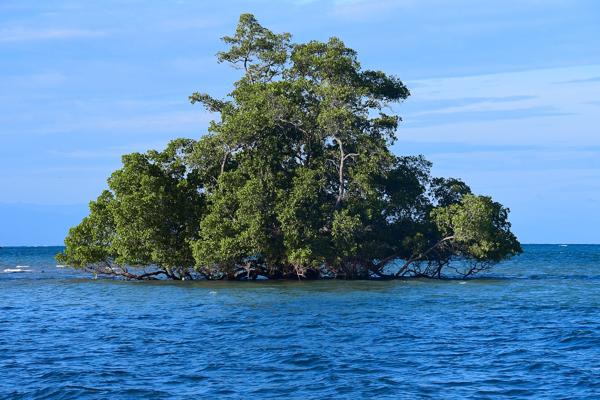🇹🇱 East Timor
🌴 Where Pristine Beauty Awaits! East Timor's untouched beaches, vibrant coral reefs, and warm-hearted people will nourish your soul. Experience paradise!

-
Visa Requirements:
Travelers from most countries will require a visa to enter East Timor. It's recommended to check the specific visa requirements based on your nationality.
Login and add nationality to profile for visa info
-
Currency:
United States Dollar (USD)
-
Weather:
East Timor has a tropical climate with a wet season from November to April and a dry season from May to October. The best time to visit is during the dry season.
-
Attractions:
Explore the capital city of Dili, visit the beautiful beaches, and experience the local culture and hospitality.
-
Language:
Tetum and Portuguese are the official languages of East Timor. English is also widely spoken, especially in urban areas.
-
Transportation:
Public transportation in East Timor is limited, and most travel is done by taxis, rental cars, or private drivers.
-
Currency:
Accommodations in East Timor range from budget guesthouses to mid-range hotels, with more options available in major cities.
-
Cuisine:
Try traditional East Timorese dishes like ikan sabuko (grilled fish) and batar daan (corn and mung bean soup).
-
Safety:
East Timor is generally safe for tourists, but it's advised to exercise caution and avoid displaying valuable items in public.
-
Festivals:
Experience local festivals like Independence Day on May 20th and the Dili International Film Festival.
-
Health:
Check with your doctor for recommended vaccinations before traveling to East Timor.
-
Shopping:
Look for locally made crafts, textiles, and traditional items in local markets.
-
Outdoor Activities:
East Timor offers opportunities for diving, snorkeling, hiking, and exploring national parks.
-
Internet:
Internet access is available in urban areas, but it may be limited or slow in more remote regions.
-
Photography:
Photography is generally allowed, but always ask for permission before taking pictures of people, especially in rural areas.
-
Conservation:
Respect local customs and traditions, and avoid discussing sensitive political topics.
-
Local Customs::
Observe local customs and traditions, such as wearing modest clothing when visiting religious sites.
-
Emergency Contacts:
In case of emergency, dial 112 for police or medical assistance.
-
Sustainable Travel Tips:
Support local businesses and artisans, and avoid leaving waste in natural areas. Learn about and respect the local culture.
-
Local Etiquett:
When interacting with locals, show respect and courtesy, and always ask before taking pictures of people.


